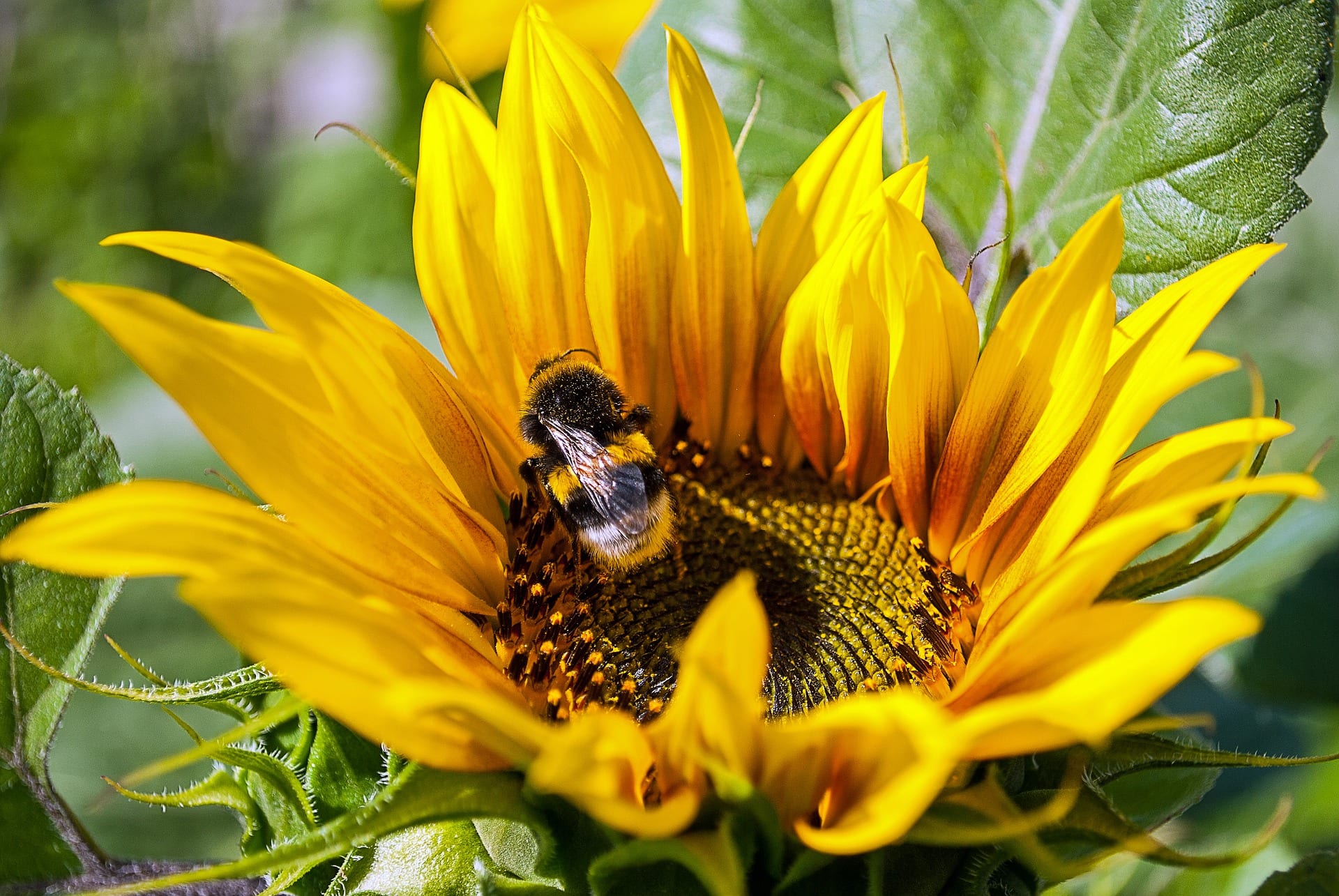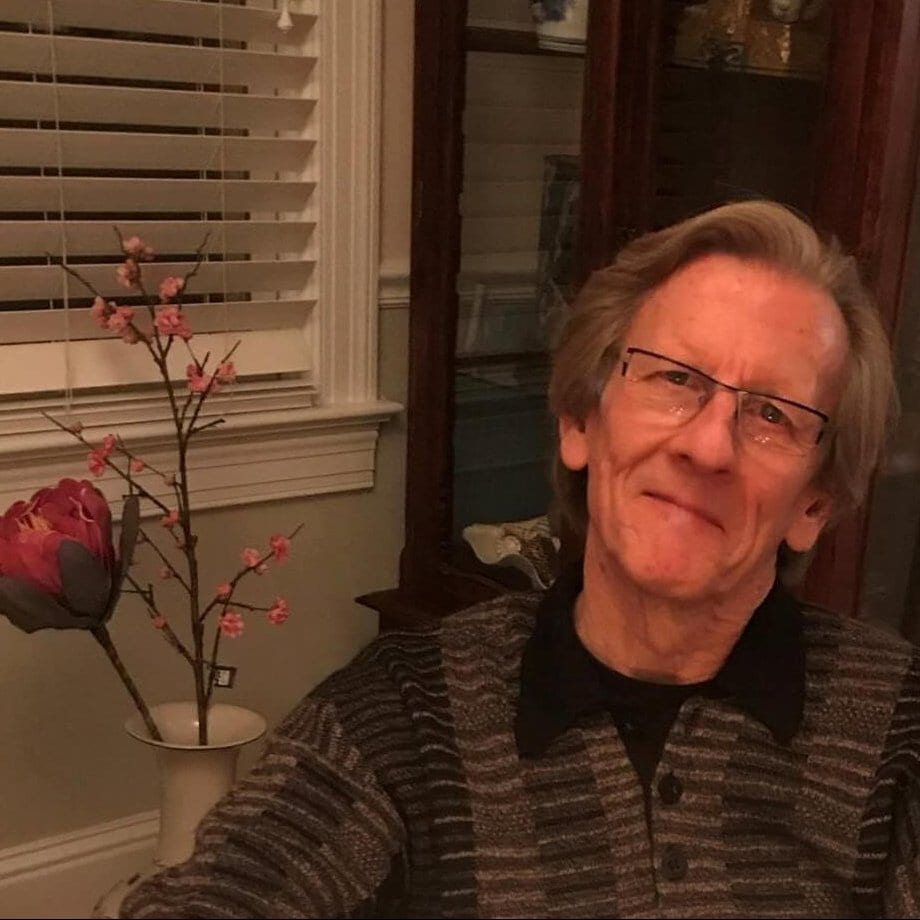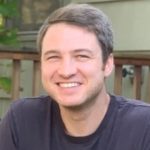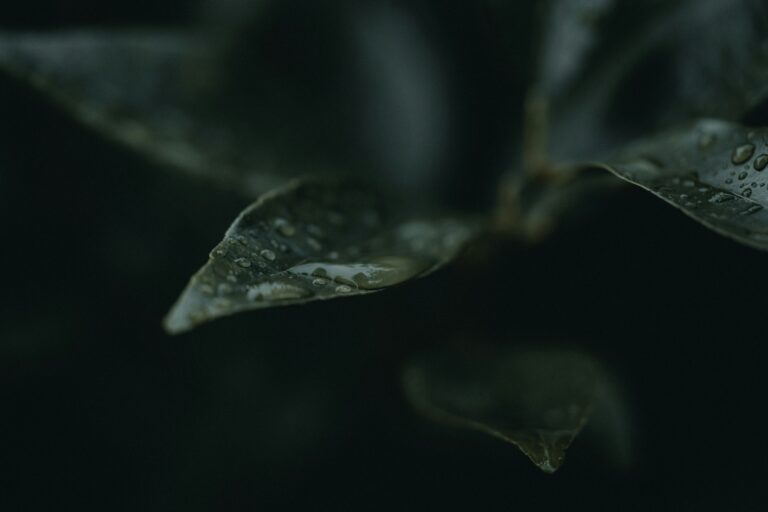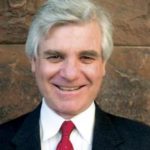After earning a degree in environmental and Western American studies at the University of Colorado, Jeff Wagner spent four years living and working at Mission Wolf, an isolated wolf sanctuary in the southern Colorado mountains. Since 2008, he has worked as an outdoor educator for the National Outdoor Leadership School and as a cross-cultural facilitator for Where There Be Dragons, teaching in the Andes and Amazon of Peru and Bolivia, the Himalaya of India and Nepal, and the Mekong and Colorado River Basins. His focus has been teaching about the cultural roots of environmental issues, and helping students examine the assumption that modernity in the global north offers a viable and desirable model for the future.
He is the Founder and Director of Groundwork, a non-profit that works “to shift the foundations of the ways we understand ourselves and our place in the world, in order to work towards more just and sustainable shared futures for a time beyond our own.” Among other projects, Groundwork is offering a 3-5 month fellowship program for young environmental leaders on a farm in Paonia, Colorado, a summer of farming, learning, and building skills for environmental action. He is the author of a series of Bite-Sized Books on subjects related to culture, climate, and ecology.
Jeff finds inspiration in the communities working to maintain and strengthen our relationship with the natural world and with our sources of food, water, clothing, shelter, and meaning. Questioning the mindset that comes from settler-colonialism, he works to build a life centered on elements from outside that worldview.

Mark: What drew you to the Dharma?
Jeff: I was drawn to the Dharma ever since I first learned of it in my 10th grade world history class when we were studying Asia. I remember it made me realize the dissonance I was feeling with the Western world view I was raised in, how I felt out of place in society in general. I didn’t start studying the dharma, though, until I was living in Asia, leading study abroad programs. One of our groups went for a 10-day Buddhist retreat in Bodhgaya and I found myself in the position of being a cultural translator for a group of American 18-year-olds who were shocked by some of the very direct Tibetan Buddhist teachers we studied with. That’s when I really grasped the wisdom being offered and became a practicing Buddhist. I have found Thich Nhat Hanh’s teachings to be the most clear for me, eventually spent time at Plum Village and have practiced in that tradition since. I love Thich Nhat Hanh’s teaching about interbeing; it has so much application to environmental things.
Mark: What drew you to ecological protection and advocacy?
Jeff: That happened a lot earlier in my life. Growing up (in Boulder, Colorado) in the 1990s, we were always hearing about pollution and environmental destruction, but no one seemed to really care. That felt wrong to me. If I cared about something, I thought I should try to help out. There was a specific place, actually, a creek behind my elementary school, and my sisters and I made it our little place to protect. We would clean trash from it after a big storm and notice how it then flowed free and clear. It was this very tangible thing. Others didn’t seem to feel that same relationship and concern that we had….it was a stark contrast that I felt a lot at that age.
What does wise action mean as a Buddhist practitioner, if not to look very deeply at what is going on around you and take on the existential threats to our earth?
Mark: What does your Dharma practice bring to your ecological work?
Jeff: It brings a sense of peace amid the big storm that is going on. I see that so much among young people I work with, that they are bombarded with knowledge that the earth is not only imperiled but is being actively destroyed by an identifiable group of people. It’s easy to get lost in despair. The dharma offers a way through that. It’s also easy to feel that you are the most important person in the activist world as well, that the burden is all on your shoulders. It allows us to see beyond that misperception as well, to see our connectedness with others doing the world, and beyond our own immediate moment, into deeper time.
Mark: What does your ecological work bring to your Dharma practice?
Jeff: Studying and working on ecology and economics gives us a focus for dharma practice. I think about this a lot when I think about right livelihood. You can’t have right livelihood if you don’t understand all the forces acting on the world and how you fit into it. What does wise action mean as a Buddhist practitioner, if not to look very deeply at what is going on around you and take on the existential threats to our earth?
Mark: What is the current focus of your work and what drew you to it?
Jeff: My main focus is talking about the relationship between culture and environmental issues. It’s a topic that is heavily avoided, especially in the U.S. I spent about 6 years abroad teaching study abroad programs, helping students from the U.S. learn about other places. I learned a great deal about social justice, indigenous rights, and the environmental movement. I got to interact with amazing environmental leaders who are really far removed from and fighting against Western influence. They taught me to see culture as a foundation of environmental degradation and destruction. When I returned to the U.S. in 2019, I started writing about culture and climate change and produced a series of little books, which received a quite positive reaction in Boulder. I got involved with other environmental leaders and groups in the area and found that there were not that many young people getting their voices out there and I wanted to see if I could shift the dialogue.
I joined with a group of other Buddhists who were advising a larger interfaith group on climate change. We thought the conversations were not going deep enough. It’s not just about green jobs and green growth. It’s easy to poke holes in that mindset and that’s what I’m trying to do. I’m trying to point to more structural issues and overall mindsets and assumptions that are connected to climate change. Attitudes towards family structures and co-habitation, for example. Or looking back in our history, European settlement of the middle part of our country gave rise to systems like the Homestead Act that gave away big blocks of space, entire landscapes. It was designed to push out native peoples, an act of genocide really, and its carbon footprint lingers with us still. That pattern of population dispersion can be seen as one of the causes of our dependency on cars today. I try to leave people with more questions than answers.
Mark: What obstacles have you encountered? How did you work with those?
Jeff: There are two of them, they are twins. One is the idea of American exceptionalism and superiority which automatically disqualifies any other ways of life and normalizes and validates what we already have. It’s very deeply engrained; we describe other people as “developing,” they are “in the process of becoming us.” It’s encapsulated in the phrase “developing nations.” The other obstacle is isolation. We are very isolated from the realities of other people in the world. When you don’t experience other ways of being, they don’t feel real. Those two things coming together create a big barrier to imagination. That’s why we’re running this fellowship program in Colorado this summer, bringing a cohort of young people to a place to learn about and experience other ways of relating to the land.
It’s not just about green jobs and green growth. I’m trying to point to more structural issues and overall mindsets and assumptions that are connected to climate change.
Mark: Can you tell us a little more about the fellowship program?
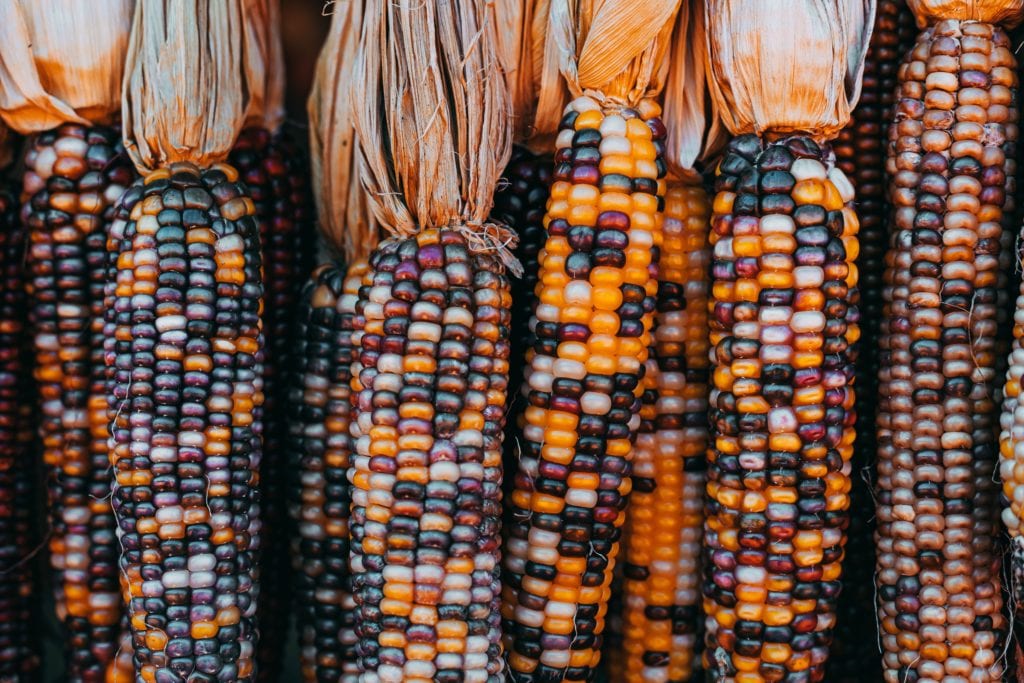
Jeff: It’s about the relationship that people hold with place, with a specific piece of land. And it’s about the construction of modernity and how the project of modernity prevents ecological thinking in so many ways. Many of those coming expressed feeling an extreme sense of grief about meaningful places that had been lost, people from California who experienced the fires last year. What do we do if the land I grew up on is actively burning? There still seems to be no response; the world is numb to it now. So it’s a coming together of people who overwhelmingly feel a need to process that loss with others and find a way to really move forward, not just add more solar panels onto a consumptive society to prop it up for a bit.. It’s part class, part farm work, part reflection, part engaging in projects with the community, and unstructured time. We’ll be making clay pots from clay dug up in the landscape.
And it’s about asking deep questions about what it means to be an activist in a world where even activism seems to be commodified as social capital on social media. Essentially, how do I be a good person and work for what matters? What does it mean to belong to a place? Everything we have as people was either grown somewhere or mined from the earth. Land is not just a pretty place, it’s tied to everything you interact with in your life from day to day, and needs to be treated so.
Mark: How do you talk to others about your work?
Jeff: I find that to be the most challenging part. We have trained ourselves out of our cultural imaginations. It seems like the only environmentally sound future people can imagine is one which looks like the modern global north, but has electric cars in it. And instead of having a coal power plant, you have a wind turbine. But for so many of the environmental issues going on, you can’t imagine an alternative. Our solutions are so narrow. What I’m learning is that our culture wants our solutions to be simple and straightforward so that we can do something once and then forget about the Earth. The actions I’m talking about and the explanation of them takes a lot more time…. the actions have to be slow and the explanation has to be slow. When you’re trying to roll a giant heavy ball, you have to start slow and then pick up speed. You have to bring people along on this mental journey. In that respect, it’s kind of like those of us in the western context learning the dharma. You hear something, but it might be years before you really understand. Then it clicks into place. Everything makes sense.
My little books have been the best tool for explaining stuff to people. I try to write from a place of childlike innocence. I’m really trying to emulate the writing voice of Thich Nhat Hanh. The way he writes is very simple and also very cutting, like a child. What you take away is, well, just the truth….there’s no denying it.
Mark: Do you have a favorite dharma teaching or practice? a favorite activist principle or practice?
Jeff: There’s a favorite dharma principle I use a lot in my teaching. During the Buddha’s lifetime, he taught different things to different people and was so adept at reading situations and figuring out what people needed. That’s a really wonderful principle for me as a teacher and as an environmental activist. We tend to see people using the same tool for every problem: an alarmist call to action that the world is dying. While that may be true, it may not be the best tool. There’s a lot of wisdom to be learned from the Buddha’s skill as a teacher; he was one of the finest teachers in history. He really understood people. We can use that in environmental work more. This would be my favorite activist principle as well.
Our culture wants our solutions to be simple and straightforward so that we can do something once and then forget about the Earth. The actions I’m talking about take a lot more time… the actions have to be slow and the explanation has to be slow.
Mark: If you could invite people to take one action right now, what would it be?
Jeff: There is a practice that I do: there’s a space in my house in which the only things that are allowed there are those I know the entire story of. It’s a practice I learned from a teacher named Martín Prechtel who teaches about indigenous thought. I’ve been trying it for several years; it’s very powerful but very challenging. So I recommend it: have a space reserved for items you know where every element came from and what was involved in bringing it together. Without the entire story, you don’t know what impact you have had on the world, the people on the earth.
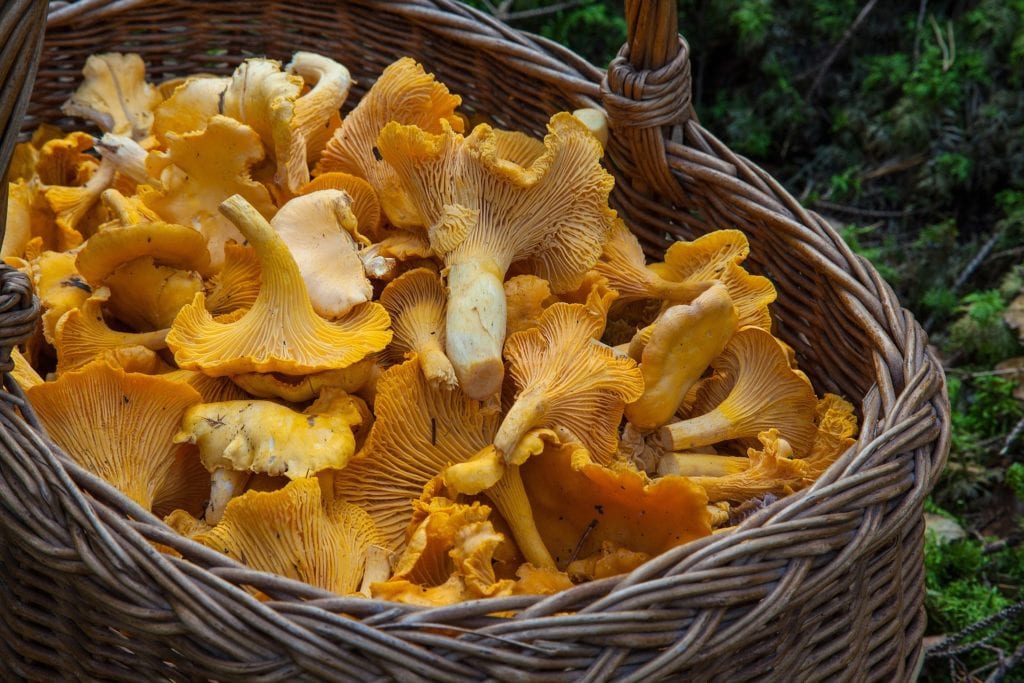
The other practice I would encourage is to plant something, save the seed from it, and take care of it from year to year. Try a grain, corn or wheat, and understand our relationship to them and their history. This is our main relationship to the earth: how we grow things. There is power and a connection between generations here.
Mark: Many of us who want to do more feel a lack of agency. How do you respond to the concern, “I’m just one person. What can I do?”
Jeff: I would say you’re not just one person. When you buy into that dichotomized Western mindset, it is inherently disempowering. When you say I’m a visible person, I’ll do an action that is more visible, I have a family, I have friends, co-workers….we can do things together….that’s the easiest way. People can reflect on what influenced them in their lives…and what can they do that will influence other people. This brings us back to cultural activism. It depends on what you mean by activism…just signing petitions, banning straws? If you try to force people to do things they don’t want to do, they become your enemy. I think finding ways to shift the world so you’re not the enemy makes it easier to effect change. In order to do anything meaningful, we’re going to have to change the way people think and relate to the world.
Mark: On the other hand, activists often face exhaustion. What counsel would you offer to an exhausted or despairing activist?
Jeff: Two things: First, are you trying to do this alone? If yes, stop trying to do it alone.
Second, dive deeper into some sort of personal practice. Going back to the dharma…it has offered stability through challenging times throughout history. It started as an incredibly radical social movement against established caste systems and offered stability to those going through difficult times. It still can. Also, broaden your sense of what activism is. Digging up your front yard to plant a garden IS activism, and it’s also very healing. You can be in your garden… it’s wonderful to be among plants! Things like that.
Mark: What vision do you hold for how human beings might live with each other and with the earth? How can you imagine us getting there from here?
Jeff: Depending on who hears this question, they may have a very different vision. They may think about a techno-utopia with electric cars driving around, teleportation and things like that. I think about finding the origins of the things in your life. Understanding human beings in relationship to the earth. When you talk with someone who’s more in touch with the earth, like peasant farmers who are growing their own food, they have a really different vision. After living with people like that, I align more with their vision. Instead of people making the world adapt to them, have people adapt to the space where they live. What kind of relationship will we have to this space in the long term? My vision would be redeveloping local culture and local ties to the land, local cuisine. I have this dream of a project here in Colorado of creating a cuisine of food that would grow here without industrial agriculture. That’s how we’re eating on this fellowship program—local food that blends some elements from Eurasia for the cooler seasons and squash and beans from the Americas for the hot summer. It feels like a really different relationship to the place and to the food grown there.

